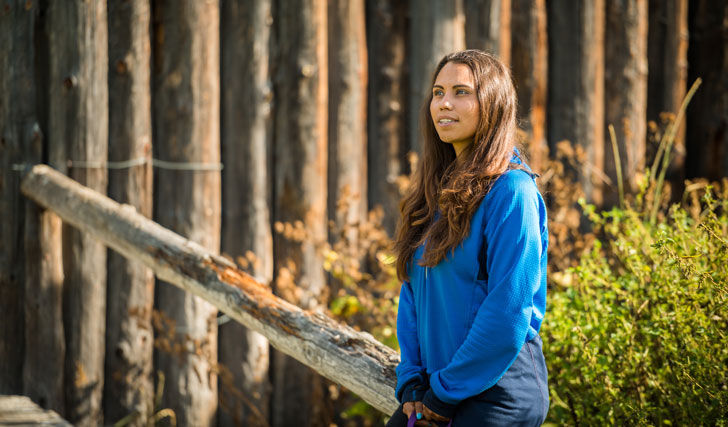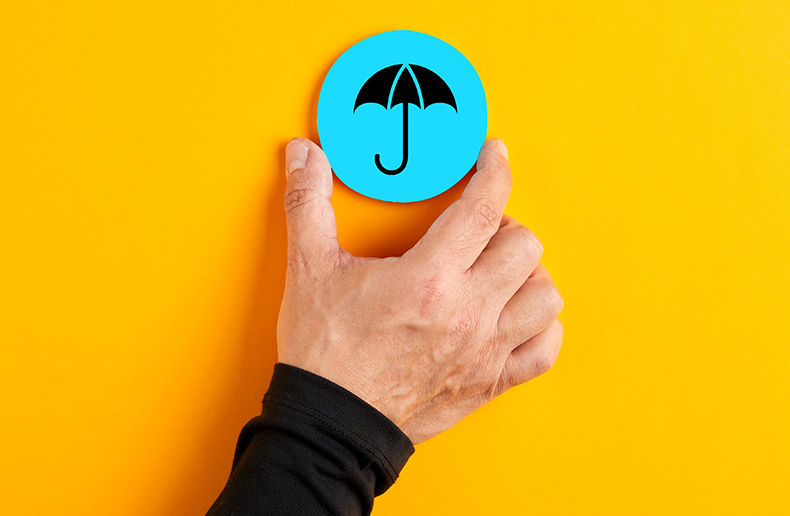Volunteer workshop leaders from TD Bank Group, working with ABC Life Literacy Canada, successfully completed the literacy organization’s first national launch of the Money Matters for Indigenous Peoples program.
The fourth of five financial literacy programs run by the organization, Money Matters for Indigenous Peoples was launched nationally in 2017, following a successful pilot program launched in Ontario in 2016. The organization also launched its fifth offering, Money Matters Online in late 2017.
The program’s primary objective is to help learners build confidence in their ability to manage finances and work to achieve their financial goals. In addition to the Money Matters for Indigenous Peoples and the Money Matters Online programs, the literacy organization also runs Money Matters Core programming, Money Matters for Newcomers and Money Matters for Post-Secondary Students.
All told, the Money Matters suite of programs has reached over 10,000 learners since the program began in 2011. Since its inception, Money Matters for Indigenous Peoples has reached 1,976 learners through 141 workshops.
Confidence and anxiety
Mack Rogers, executive director of ABC Life Literacy Canada says research shows that two barriers to financial literacy are confidence and anxiety. The program is introductory, covering four basic concepts: spending plans and budgeting, banking basics, credit and borrowing, and a savings unit which focuses on basic savings, Registered Education Savings Plans (RESPs) and the Canada Learning Bond.
“We focus a lot on RESPS because getting kids to go to school is a really good way to break the poverty cycle,” he says. “It’s really about promoting the Canada Learning Bond, and getting some free money into the hands of people who need it.”
Each unit is two hours long. The program is taught by TD Bank employees in community centres across the country.
“It’s really about breaking down that anxiety and increasing confidence. It works really well for that,” Rogers says. “It’s learner guided. The learner can talk about anything they want around financial literacy. It really helps them to build their confidence, start moving forward and start planning more. Starting to think about financial literacy and money management – that’s really the program’s focus.”
Urban and rural experiences
To create the indigenous peoples program, ABC Life Literacy Canada had its core program reviewed by a program steering committee and the Wabano Centre for Aboriginal Health. The organization kept core components of the program, but changed the stories and examples used to better reflect an indigenous person’s urban and rural experiences. Wabano also commissioned an artist to help redesign program materials. Once it was completed, indigenous volunteers working for TD reviewed the program, alongside two northern indigenous literacy instructors.
Because the program is based on the Money Matters core offering, the indigenous peoples program took about four months to develop.
Rogers says it was necessary to adapt the program to make it relatable to those the organization is trying to serve.
“It’s the youngest population and the fastest-growing population in Canada and they’re not getting the benefits they need. They’re not accessing the Canada Learning Bond at the same rate as newcomers or other Canadians. They’re not as engaged. They don’t file taxes as regularly. We really need to figure that out,” he says.
Tax planning
In the future, he says the organization also plans to seek sponsorship funding to create programming which focuses on taxation and tax planning for indigenous peoples, as well. “It’s outside of what we could do right now – it’s a huge undertaking – but we are looking to try to find funding to help expand an introductory taxation program for indigenous peoples. We’ll be exploring that over the next year.”
Going forward, he says the organization also hopes to develop additional Money Matters for Newcomers programming in simplified Chinese and other languages and to continue marketing the Money Matters Online program.
Launched in November 2017, Money Matters Online, meanwhile, has so far attracted a number of users from all over the world. “We’ve seen some people talking about how they’ve just retired. Some have spouses with dementia and they’re trying to figure things out. It’s a different population than we thought,” Rogers says. “We launched it primarily to try and help rural and remote communities who couldn’t access financial literacy resources in other ways. We hope to continue to get people online and continue to grow that program.”







